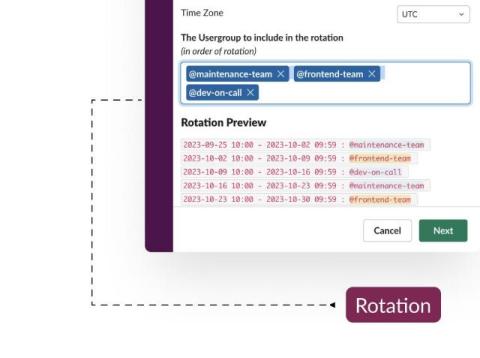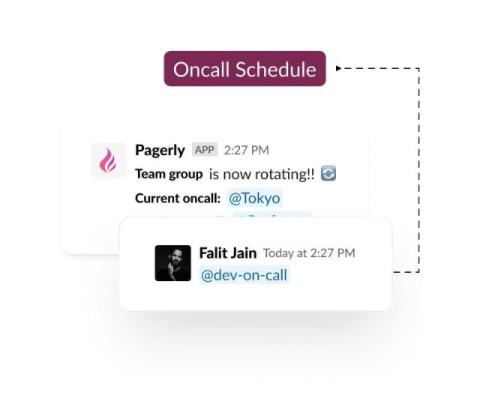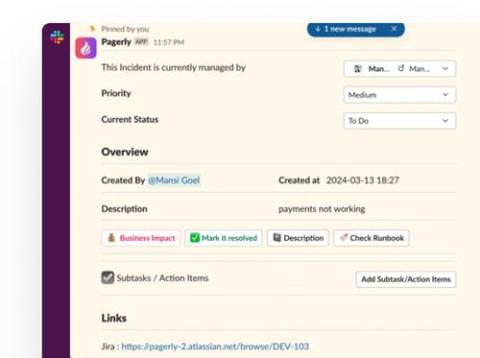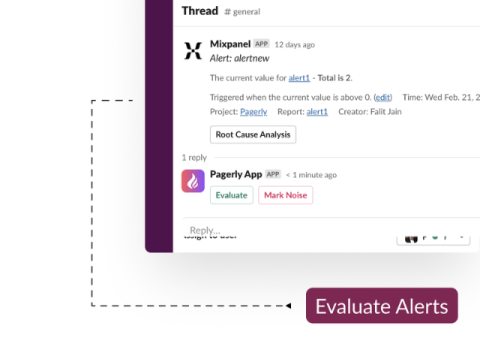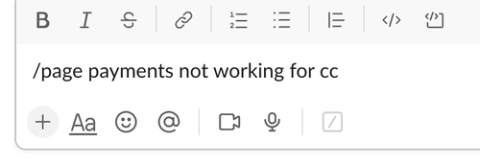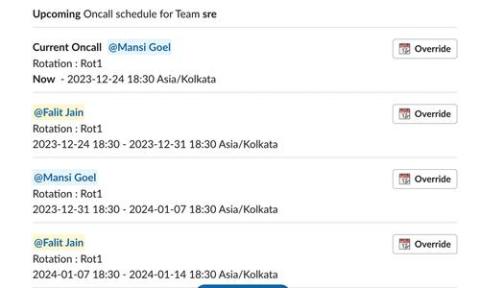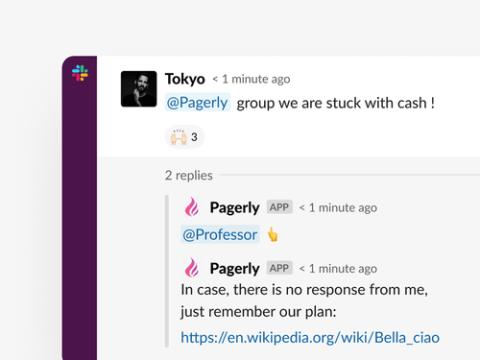Effective Slack on-call protocols for engineers
Talks about being on call are usually met with complaints. Here's how to alter the narrative and develop a stronger, more compassionate process. A few years ago, I took oversight of a significant portion of our infrastructure. It was a complex undertaking that, if not managed and regulated properly, could have resulted in major disruptions and economic consequences over a large area.


